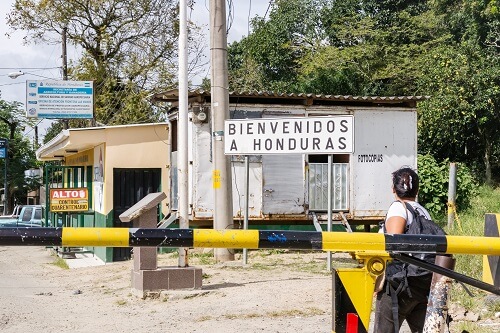In Honduras, the National Banking and Securities Commission (CNBS) has taken action to ban all institutions within its regulatory jurisdiction from trading cryptocurrencies due to concerns of fraud and money laundering. This decision was reached on Monday and immediately went into effect.
According to Reuters, the CNBS has stated that the use of virtual assets presents a high risk for money laundering and fraud, and therefore no institution under their supervision can engage in any activities involving cryptocurrencies.
This ban coincides with a larger global effort to strengthen crypto regulation, with governments working with international organizations to establish more streamlined laws. However, it should be noted that the Honduras Prospera Zone, also known as “Bitcoin Valley,” has been exempt from this ban. This zone, which has been officially recognized for economic development, has even unveiled plans for a blockchain-focused university and a crypto exchange.
It is also important to note that many crypto platforms operate in Honduras without regulation, which raises concerns about their potential involvement in illegal activities. The CNBS’s ban serves to protect Honduran citizens and prevent criminal activities within the financial sector.
In addition, the ban has been in effect since Monday, February 12, but was only made public on February 16. This delay in the announcement may have been to allow for a smooth implementation of the ban and to give institutions time to adjust their operations.
Overall, the CNBS’s ban on cryptocurrency trading is a proactive step towards preventing fraud and money laundering in Honduras. It aligns with the country’s efforts to strengthen its financial sector and promote economic growth.

